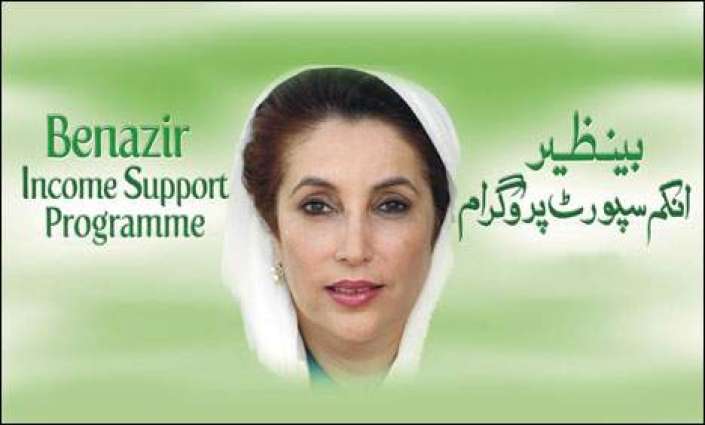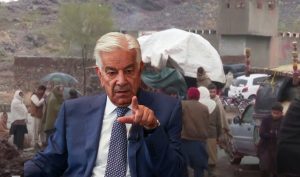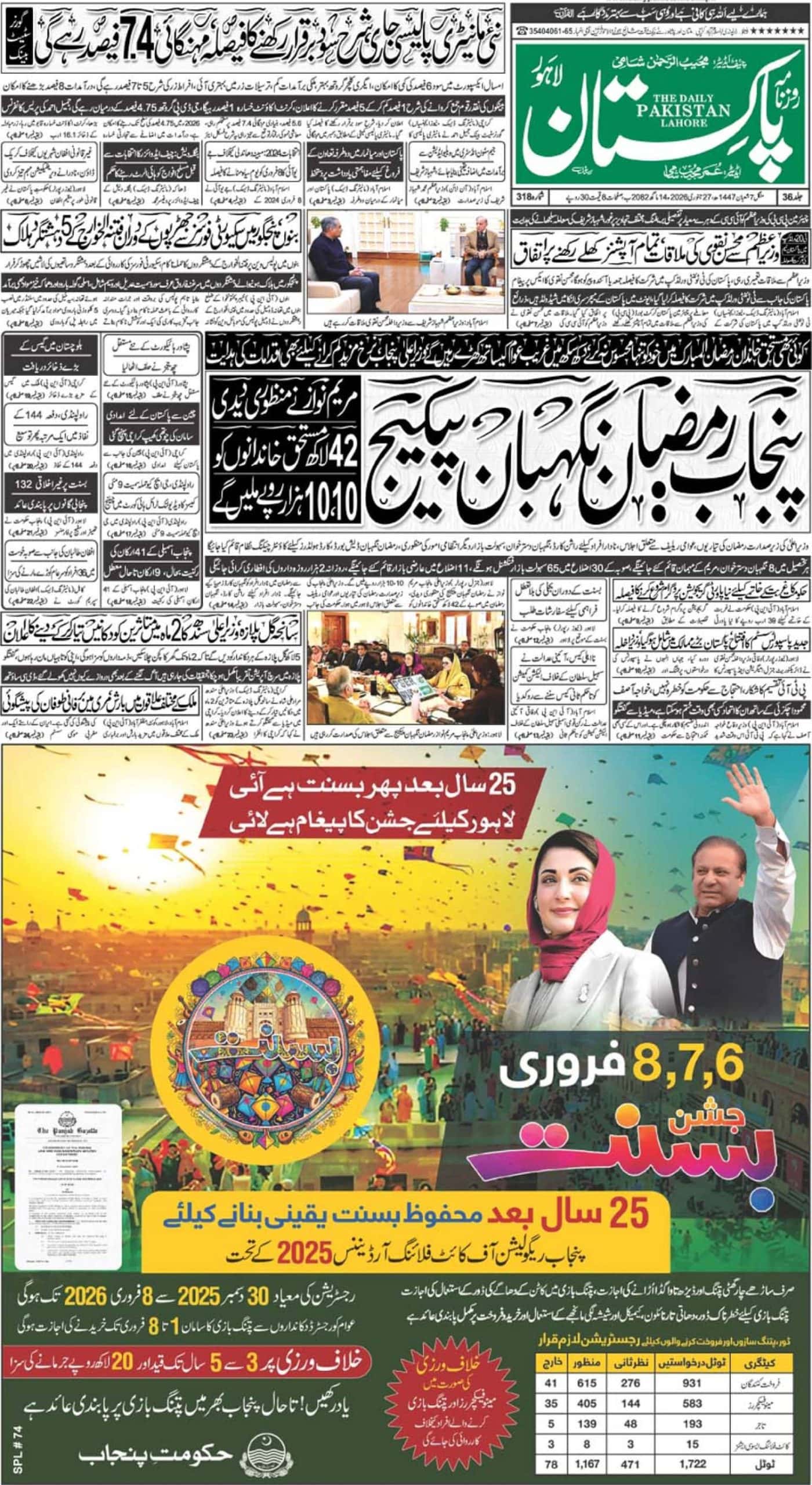ISLAMABAD – The Benazir Income Support Programme (BISP), a government-driven poverty reduction project, is facing allegations of cheating during distribution of funds.
A meeting of Senate Functional Committee on Problems of Less Developed Areas was held in Islamabad on Tuesday under the chair of Senator Usman Kakar to get briefing over the BISP.
During the meeting, Senator Fida Muhammad said that he had found scams while going through the documents of the project all the night. Addressing the Secretary BISP Omer Hamid Khan, the senator questioned where the Rs33 billion out of total Rs66 billion, an amount allocated by the government for poor people during 2017-18, were spent, reported local media.
To which, the BISP official could not give a satisfactory reply to reject the allegations. The chairman of the meeting, then, said that the matter of massive corruption will be taken up in the upper house of the parliament.
He asserted that the funds of the poor people will not be allowed to use for election expenses or purchasing buses, adding that responsible persons will be held accountable.
The Committee meeting was attended by the Senators Molvi Faiz Muhammad, Gianchand, Qurat ul Ain Marri, Fida Muhammad, Muhmmad Ayub, Haji Momin Khan Afridi, Kalsoom Perveen,Sardar Muhammad Azam Khan Musakhel and officials of Benazir Income Support Programme were also present.
Expressing reservations over the previous poverty survey of BISP, Kakar said the women of remote areas of Balochistan, Khyber Pakhtunkhwa and Sindh were deprived of this financial assistance. He also directed the official to register all deserving people.
To a question, the Secretary BISP said that 90 percent funds were provided by Government of Pakistan while 10 percent by the World Bank and Asian Development Funds. He said that during fiscal years 2015 to 2016, over Rs. 67 billion were distributed among 3.6 million beneficiary while in 2016 to 2017 Rs 69 billion had been distributed among 3.7 million beneficiary and during the financial year 2017 to 2018 Rs 66 billion distributed among 3.5 beneficiaries.













